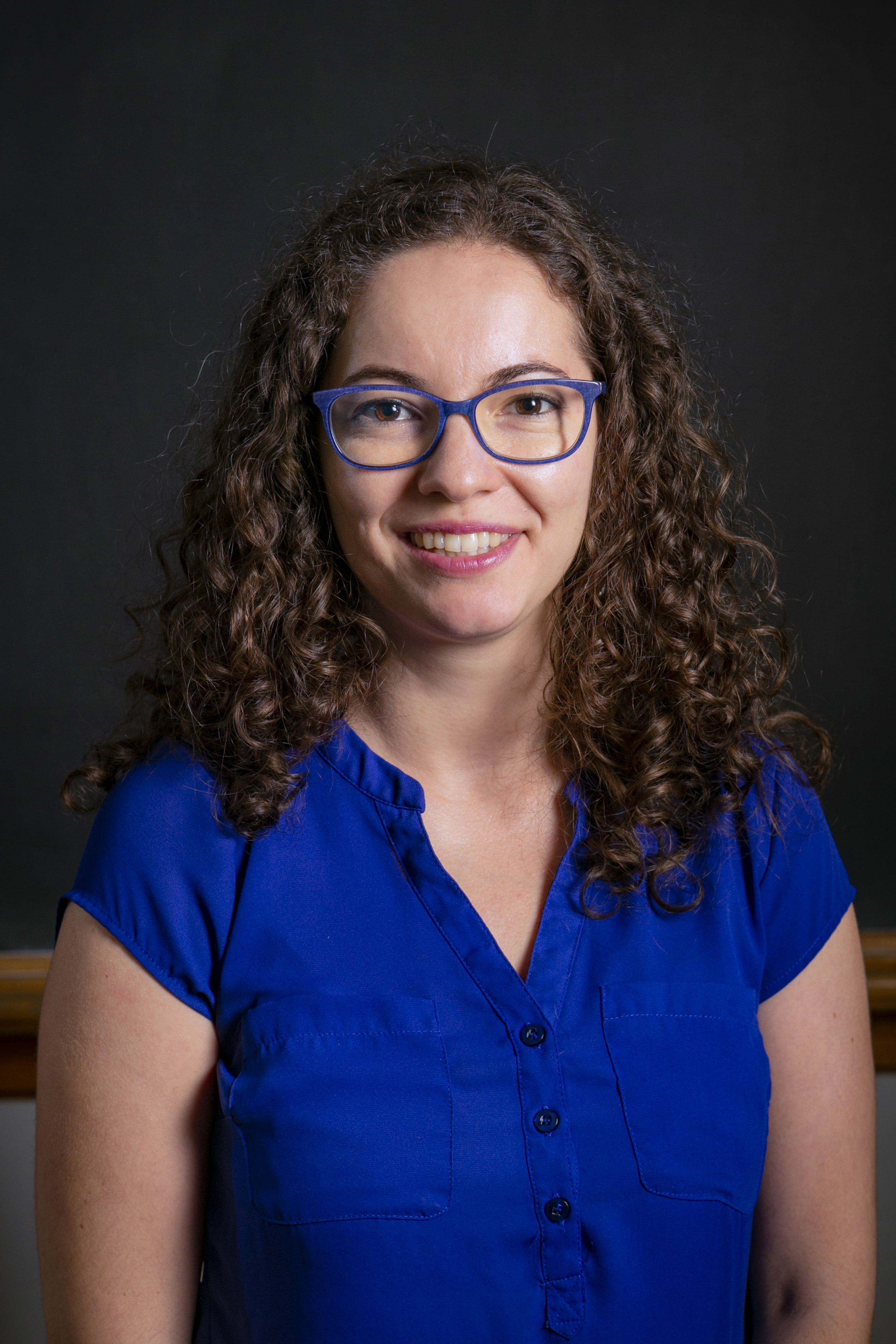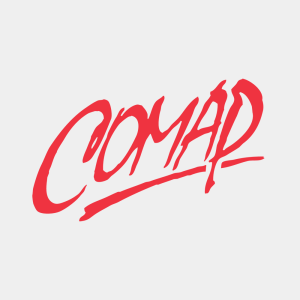In Their Own Words: Veronica Ciocanel, Mathematical Modeling Contest Advisor
Team advisors are a critical part of our math contests, acting as the main point of contact for the team, preparing the team to compete, and helping ensure the team follows the contest rules and regulations. Advisors have a front-row seat to the competition, giving them a unique perspective of the process.
In this post, we get a behind-the-scenes peek from Veronica Ciocanel, Assistant Professor of Mathematics at Duke University, with a joint Appointment in Biology. She advised an Outstanding Winner team in last year’s Mathematical Contest in Modeling (MCM)® and shares her perspective on the contest, preparing students to participate, benefits students experience from participating, and advising a team.
Interview with Veronica Ciocanel
Veronica Ciocanel is an Assistant Professor of Mathematics and Biology at Duke University. She received a B.S. in Mathematics from Duke University, followed by a PhD in Applied Math at Brown University and a Postdoctoral Fellowship at the Mathematical Biosciences Institute at The Ohio State University.
 COMAP: How long have you been involved in COMAP contests (and in what capacity)?
COMAP: How long have you been involved in COMAP contests (and in what capacity)?
CIOCANEL: In 2010, I participated in the MCM contest with a team from Duke University, and we were awarded as a Finalist team for our problem. Then during my PhD, I co-founded a local version of the contest for Brown undergrads, with smaller scale problems and a shorter (~2 days) competition (BMCM). Ever since, I’ve continued organizing such local contests at The Ohio State University (OSU MCM) and in the Triangle (TriCoMM).
COMAP: How do you encourage students to get involved?
CIOCANEL: The local contests have been a nice way to both encourage students to participate in the international MCM/ICM and to give them experience working on a modeling problem with a team. At OSU and Duke, I’ve also offered half-semester seminar courses that introduce students to various math modeling techniques (and to MCM problems) and then culminate in participation in the international competition.
COMAP: What are some of the benefits of participating in our contests (for you and for your students)?
CIOCANEL: In my experience, students find many benefits from participating in these contests! Some were interested in getting involved in applied mathematics research after the competition, some enrolled in classes that they did not consider before, and others used this experience as an example in job interviews and graduate program applications. For me, it has been a nice way to instill an appreciation of applied mathematics for undergraduate students. The topics also connect well with my research interests in mathematical modeling of biological systems.
COMAP: What tools, resources, and processes do you use during the contest period?
CIOCANEL: Before the contest, I offer informational sessions to the students, giving them examples of problems and advice on forming teams. I also offer to send them winning reports from prior contests, which I can provide using my mathmodels.org membership; many students have taken advantage of these resources. During the actual contest weekend, I sometimes organize classrooms for teams to use, and I send emails every day with updates about contest problems, deadline reminders, and where they should be in the writing process by that point (e.g., It would be good if you chose a problem by this time, etc.)
COMAP: What tips can you share with future advisors?
CIOCANEL: It is very common for students to ask how to prepare for the contest. I find this a very difficult question to answer! In general, students with a solid background benefit more from getting the experience of working in a team and of writing up reports of their math modeling, rather than from trying to cram in some new concepts before the contest.
If advisors at other schools are interested, TriCoMM would be very interested in collaborating! In 2022, graduate students in the Triangle organized this local contest in coordination with organizers at a couple of other universities.
COMAP: Do you bring math modeling into the classroom? If so, how?
CIOCANEL: Yes, I teach a seminar on Mathematical and Interdisciplinary Modeling. I give short lectures (on, say, ODE/compartment modeling, sensitivity analysis, or optimization), followed by students organizing in teams to work on a problem from a past contest. They don’t have time to come up with full models and reports from one week to the next, but they get started on the brainstorming process of how they would approach the problem and write up short mini-projects to get used to report writing. Their final usually consists of participation in the MCM/ICM or improving the model they submitted to the contest based on my feedback.
About COMAP’s Mathematical Contest in Modeling (MCM)® Math Contest
COMAP's MCM/ICM are international contests for high school students and college undergraduates. The contests challenge teams of up to three students to analyze, model, solve, and present solution reports to an open-ended application problem. In these contests research, analytics, and creativity are just as important as time management and problem selection.
Written by
COMAP
The Consortium for Mathematics and Its Applications is an award-winning non-profit organization whose mission is to improve mathematics education for students of all ages. Since 1980, COMAP has worked with teachers, students, and business people to create learning environments where mathematics is used to investigate and model real issues in our world.
